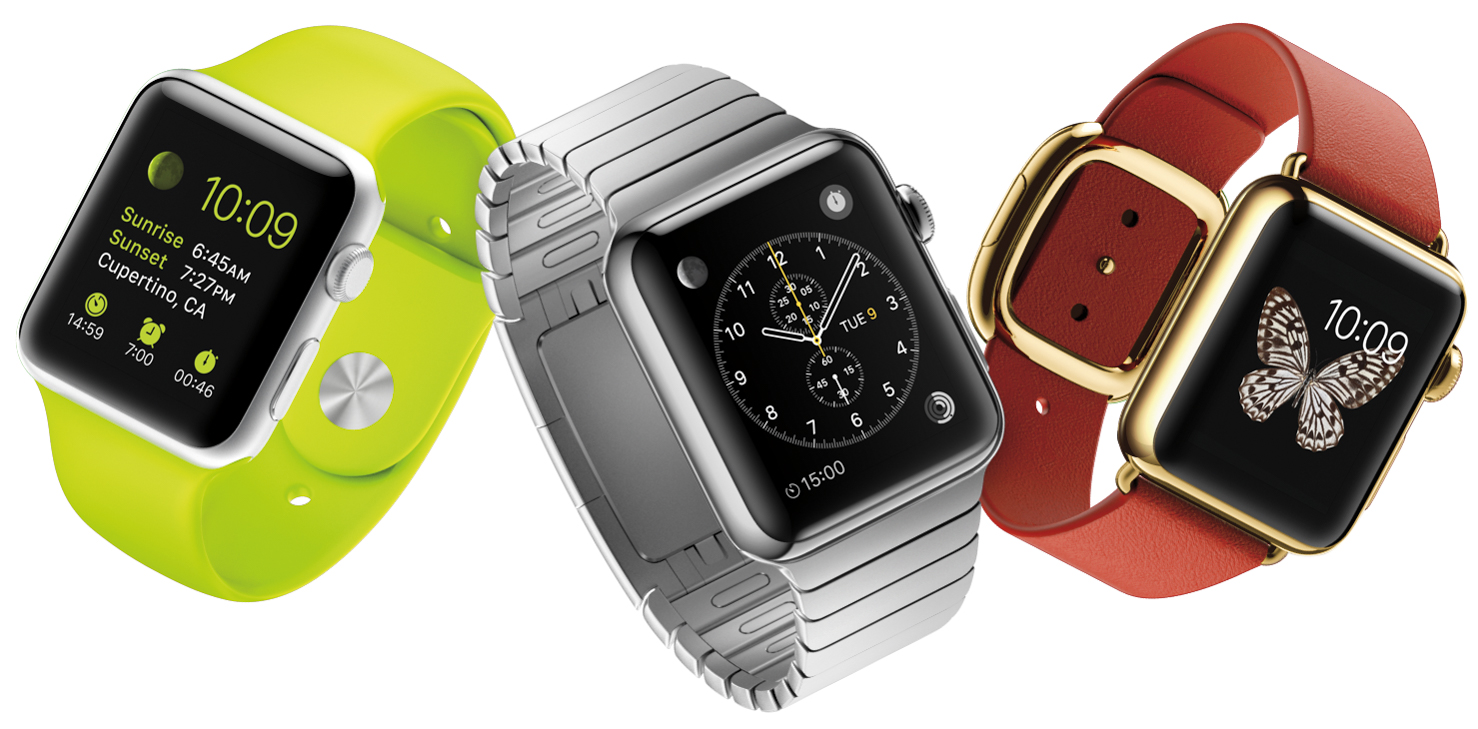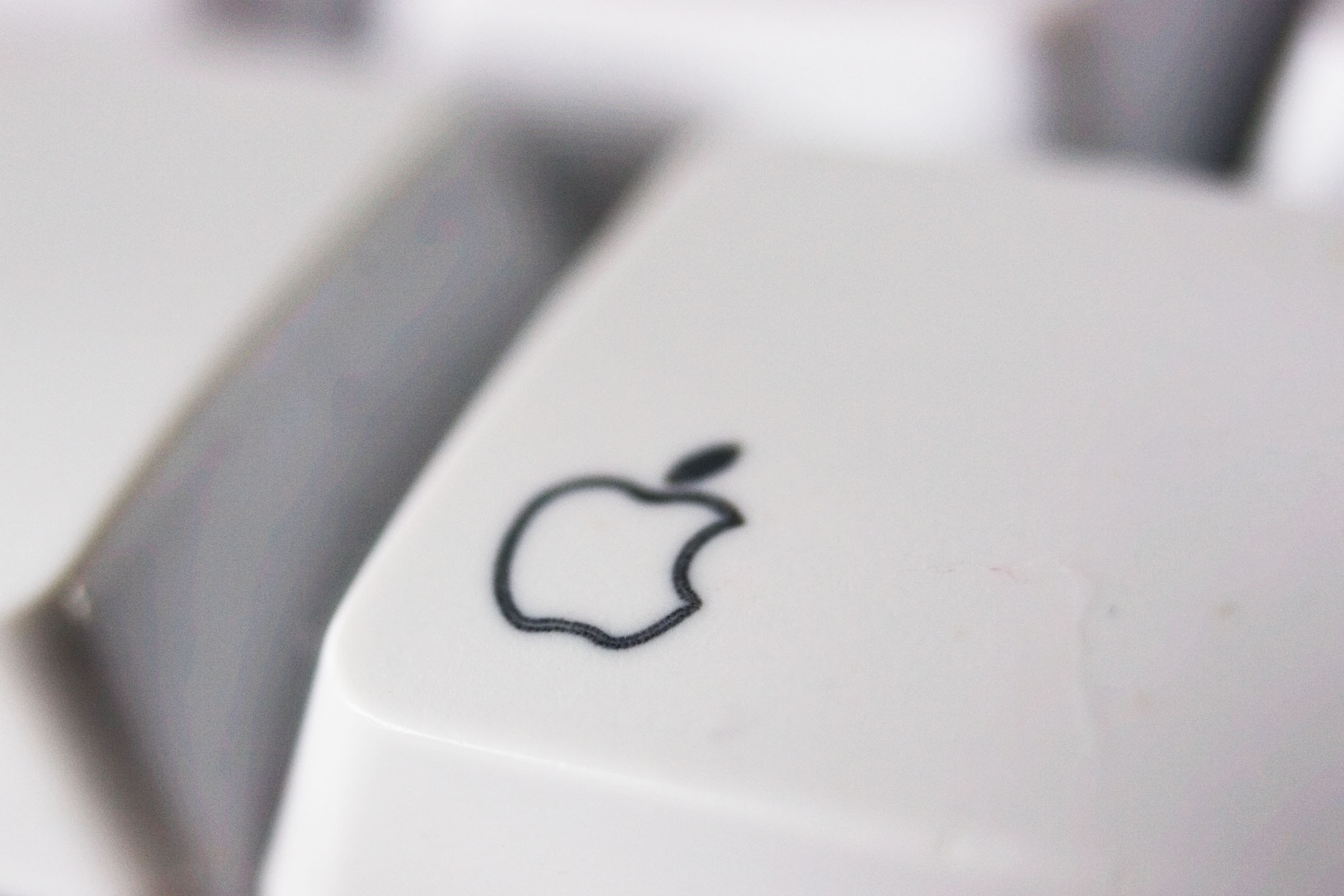Apple’s longstanding perchant for secrecy is legendary. It’s also a myth. Granted, the company has a strict no-comment policy about future products, which isn’t so much about keeping information from seeping out but controlling who disseminates it. Something else: Secrets are impossible to keep when a company produces physical products overseas and depends on so many third-party suppliers. Controlled leaks, or strictly managing those that aren’t, lets Apple maximize marketing advantage.
The value cannot be understated, because Apple’s business model in 2014 isn’t much different from 2001 or 1995: Reselling to the same core group of loyal customers. The Mac faithful mattered when the company struggled to survive against the Intel-Microsoft duopoly and made the majority of profits from selling computers. Cofounder Steve Jobs wisely chose to expand into new product categories—iPod (2001), iTunes Music Store (2004), iPhone (2007), iPad (2010)—that freed Apple from monopoly bondage. But the core philosophy of selling to loyal customers, even while trying to grow their numbers, remains the same.





